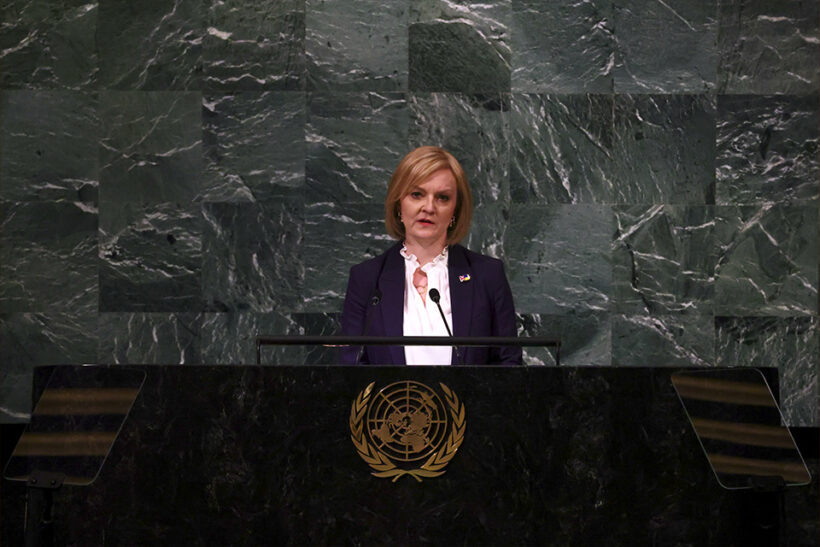Even the most pessimistic Conservative MP would have failed to predict that, one month into Liz Truss’ premiership, her position could be quite so precarious. On Monday, the prime minister sat briefly and silently in the Commons chamber while her brand-new chancellor was left to face the inevitable ridicule of opposition benches. A rapture of jeers filled the room as she attempted an inconspicuous escape, only 30 minutes after having entered. It was a pronounced, if slightly bizarre symbol of the prime minister’s current predicament.
This predicament was born on 23 September, when the government revealed the contents of its controversial mini-budget. A tax plan, that exceeded even the contentious promises made in her leadership campaign, led to market turmoil. The pound crashed – and with it any notion that Truss was a reliable figure who could adequately guide Britain’s economic strategy.
On Friday, Truss fired the principal architect with whom she conceived this mini-budget. The notoriously stubborn Kwasi Kwarteng was removed as chancellor of the exchequer in what Truss described as a “wrenching” decision. Most observers refuse to see this as anything other than a desperate, last-ditch attempt to save face. After having campaigned for Britain’s top job on the very economic assumptions by which the mini-budget apparently failed, Truss will find it difficult to turn Kwarteng into a well-functioning scapegoat.
Her credibility has consequently diminished to arguably unprecedented levels. The problem for Conservatives, however, is that she is not the exclusive victim of this self-inflicted, likely fatal reputational blow. For in so taking it, she has simultaneously stripped the Conservative party of its principal selling point. The self-branded party of economic competence can no longer portray this image without expecting the type of rapturous laughter witnessed in the Commons on Monday.
Kwarteng’s replacement, Jeremy Hunt, has likely been chosen to calm the markets and reinstate the purported legitimacy of this image. But even if Hunt can restore some level of economic stability, that feat will be easier than restoring any substantive credibility for the prime minister. If anything, a job-well-done by Hunt, who supported Rishi Sunak in the Conservative leadership contest, could potentially only further undermine it.
On Monday, the new chancellor announced a reversal of nearly all the major constituents of Truss and Kwarteng’s mini-budget. Many will see this blatant undercutting of the prime minister as a necessary baby step towards restoring stability. But it is precisely this step that means that the prime minister has nothing left to sincerely represent. Any reversal in stance would be too dramatic. Moreover, a genuine attempt to make that reversal would be especially difficult given that Truss has already been heavily criticised for significant fluctuations in her political standpoints.
The Conservative party is currently faced with a difficult set of choices. Many Conservative MPs will fear for their seats should the party not quickly restore some shred of credibility. Many more will argue that Truss is the person least capable of remedying this problem. However, another change in leadership would likewise reek of political ineptitude on their part. Some might therefore hope that Truss can survive by taking a subdued and muted backseat before this situation eventually, or hopefully, peters out.
For now, the Conservatives are in crisis mode. If any political forecaster one month ago predicted that substantive speculation about the return of Boris Johnson would develop this quickly, they would have likely been laughed at. Yet, faced with a dearth of viable figures around which they can alternately unify, this is symptomatic of the position the Conservatives are truly in. The speed with which this fragility has come about has been remarkable. The opposition will now be looking to ensure that they do not waste this Conservative crisis.










